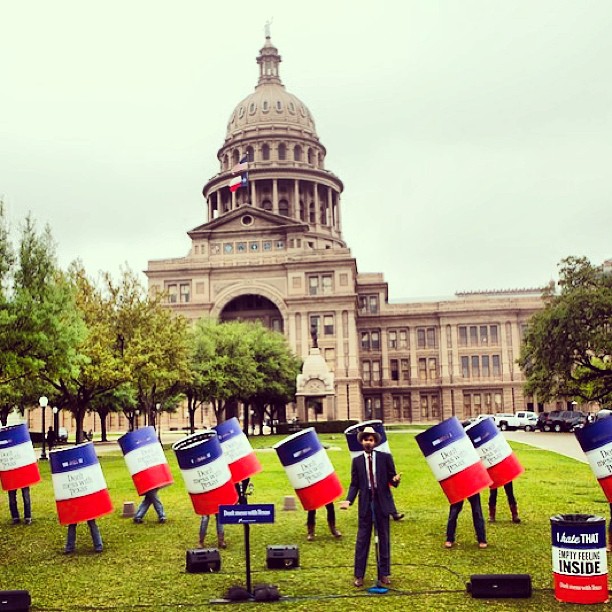If you run for a four-year term, you serve a four-year term, or until the next election is called. That’s your obligation as a candidate, what you signed on for when you ‘answered the ad.’ Let’s just say it’s in the fine print in your contract with the voter.
Politicians like former MPP, now PM Justin Trudeau's patronage appointee, Eric Hoskins, who leave mid-term for their own convenience or opportunism, lay open seats to be filled in costly by-elections.
That’s an expensive exit strategy! The cost of a provincial by-election must be in the quarter million dollar range. Under my scenario these elected legislators would continue to serve as MPPs until the next general election, or pay the cost of refilling their seats.
People living in an area represented by an early-quitter are disadvantaged. They have no one speaking and work for or with them for the six months or longer it could take to fill the seat. Their legislative legs just walked out on them and they have no voice in parliament or on council as the case may be.
Suggesting that candidates pay the cost of a by-election is neither new nor is it unprecedented.
I learned as a municipal candidate that it is possible a government will demand payment for the cost of a by-election. A story too long to repeat ended with a letter from the City of Toronto Clerk of the day informing me that if I won the contested seat (a vacancy due to a death in office) the city would come after me for the cost of a new by-election. “For your information the cost of a by-election is between $165,000 and $200,000,” said the letter from then-top bureaucrat, Novina Wong.
You see, I had a picture of city hall on my sign. At that time there was no clause in the Toronto sign by-law to say a candidate was prohibited from using the logo.
Here I was being asked to pay for a by-election for a silly, nonsensical reason, not because I chose to step down and saddle the public with an expensive election exercise to find my replacement.
The cost of many a by-election could be avoided altogether if politicians stayed put and lived to the terms of their agreement, as many have.


 RSS Feed
RSS Feed